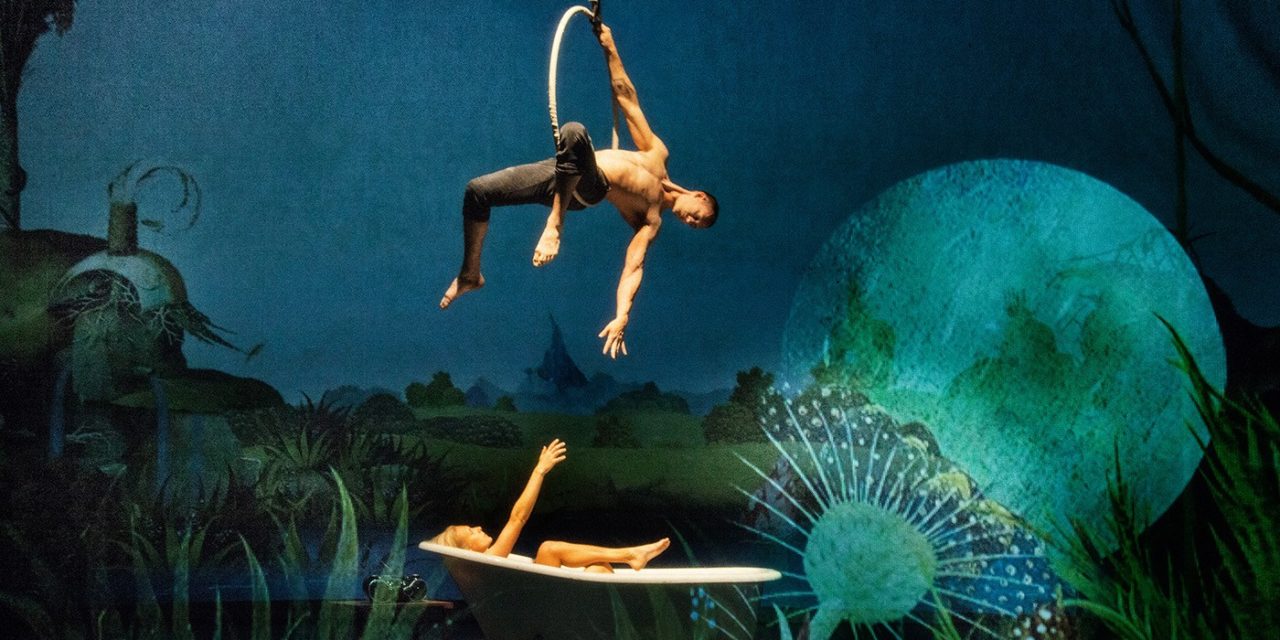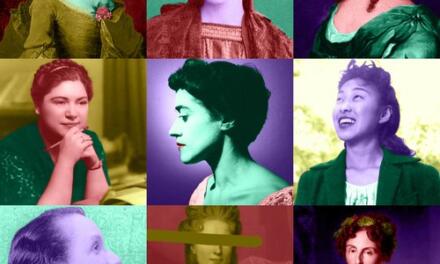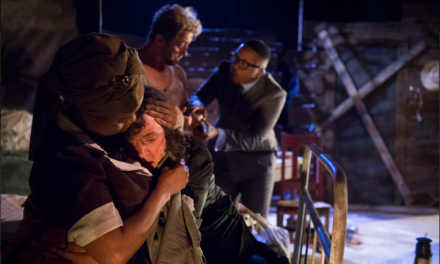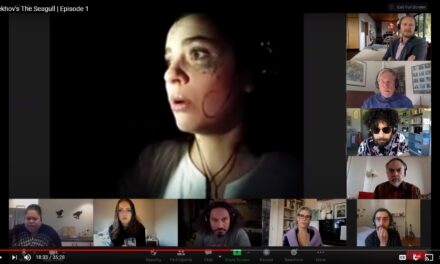There is probably no place more appropriate than a backstage dressing room to interview Tisa Ho. The expressive executive director of the Hong Kong Arts Festival has worked in the arts for most of her adult life, and she still has a frothy enthusiasm for each new annual showcase. It seems there’s no place that she’s more at home than a theatre.
This particular dressing room in City Hall has a special resonance. When Ho was a student at St. Paul’s Convent School in 1965, it was here that she won the part of Maria in The Sound Of Music in a school-wide singing competition that coincided with the movie’s Hong Kong release. She claims she wasn’t the best singer, but she had a tomboy quality that she thinks won her the part. (She still has a bit of that quality, she says–this idea that women stand on the sidelines was never for her, she’s always been ready to get her hands dirty and pitch in, whether that was lifting chairs or painting sets.)
On the day, all of the school choral groups gathered here, in the bare-bones backstage area, in preparation for the competition’s semi-finals. But all did not run smoothly. When it was her turn, Ho, as Maria, ran to the stage from the wings merrily swinging her guitar case–and she fell flat on her face. “In full view of everyone!” cries Ho, heartily. “My skirt, legs, guitar! Everything went flying!” Ho promptly rearranged herself and carried on with the performance– unruffled, it seems, since her choir won the semi-finals. “It’s the only time I have fallen on stage, not on purpose,” she says.
Tisa performed undeterred at the televised final of the event and won. In one moment she has described as overwhelming, the film’s director Robert Wise gave her a small gold Girard-Perregaux watch for coming first. She still owns that treasured possession. It was a defining moment leading to a lifelong devotion to the arts.
Sitting in the dressing room, Ho looks around at the whitewashed walls and threadbare furniture. The place hasn’t changed much, she remarks, before becoming uncharacteristically silent while she has lipstick applied for our photoshoot. She’s sitting in front of a standard dressing room mirror dotted with hot white lights.
Ho has always loved theatre, but she relishes the backstage just as much as the front of house, and in her time with amateur performing companies has done make-up, lights, painted sets, conducted, and directed. “From nothing, from bits of wood, from greasepaint, from whatever, from goodwill, you make this magical experience happen,” she says. “Or, from notes on a page that don’t readily make lots of sense, becomes this amazing sound that moves you, that touches you, that makes you think and feel and have experiences you don’t have in everyday life.”
Going to the theatre is a special kind of communion, where for a sustained moment in time the audience is held spellbound, no matter their background or experience. “The only other thing I can compare it to is a football match, where a whole stadium erupts,” she says.
She is good at gauging audience reception–as she must be. She has held her position with the Arts Festival since 2006, and her job relies heavily on understanding what an audience sees and feels, particularly after the government reduced baseline funding of the festival last year to 14% of its budget. Last year, the government introduced a new three-year pilot scheme that sees it match private sector sponsorship and donations. The remaining revenue comes from ticket sales.
That means the festival has to please its audience if it wants to survive. “We all bellyache and complain about having no money, and of course it’s much nicer if it’s all secure and in your pocket, but there’s a perverse part of me that likes that we are so linked to our sponsors and audiences,” she says.
Putting the annual program together is a collective effort. Ho’s programming team are always planning festivals two, three, or four years from now. The final line-up is procured through a delicate mix of things the team has seen overseas, what companies can stage here, and how the 130 or so performances that make up the festival can be weaved into a coherent program. “There is no formula, but there is experience and judgment,” Ho says.
Her aim is for the final list to be multi-layered and connected. Next year’s recently unveiled program pulls from various strands. There’s a French one that begins with the opera Pelléas And Mélisande by Claude Debussy, which is presented by the Welsh National Opera. Jean-Claude Pennetier’s piano recital adds a musical element together with Beyond Impressionism, a showcase of music and film that explores Impressionist influences on Chinese culture.
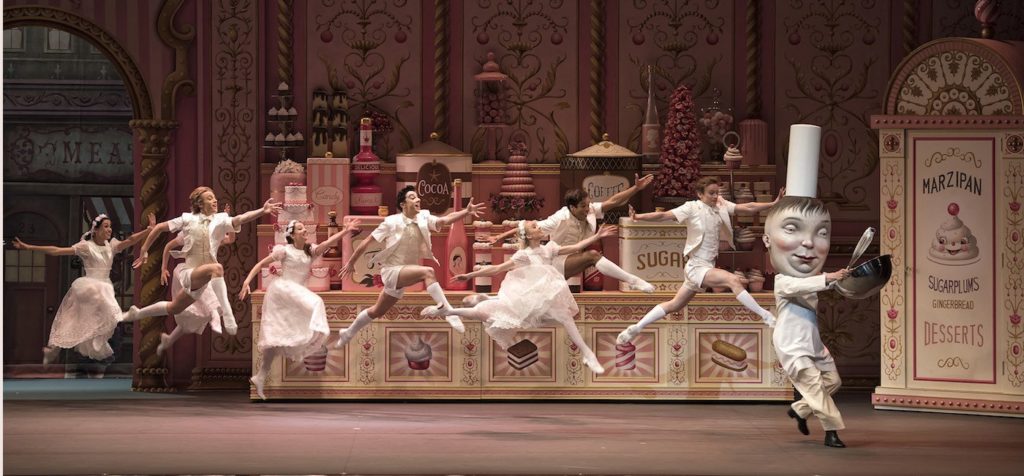
Whipped Cream–Photo Courtesy Hong Kong Arts Festival
The festival’s central theme, “What’s Real to Me?” was prompted by another strand—alternate reality—that is reflected in a number of performances. New York-based American Ballet Theatre’s deliciously surrealist Whipped Cream takes audiences on a journey where confections come to life, which overlaps nicely with the contemporary circus Bosch Dreams, a homage to the Dutch painter Hieronymus Bosch. England’s imaginative Tony Award-winning National Theatre production of The Curious Incident Of The Dog In The Night-Time shows a mildly autistic 15-year-old’s quest to unravel truths in his life.
Despite seeing thousands of hours of performances, some of Ho’s fondest memories of her time with the festival happened off-stage. When performers come to the city for the first time, they can be nervous and tense about what to expect, but come off stage exhilarated by the warm and knowledgeable crowd. They comment on how well the audience knows the pieces being performed and how they are an attentive and supportive crowd. “I think every performer likes to be appreciated,” Ho says. “They do get that here.”
Another fascination has been watching an orchestra exit through the back door of the concert hall for the first time. “Its one of the best concert hall [exits] anywhere in the world, because instead of seeing the rubbish bins or a back alley, which often happens, you see this harbour view,” Ho says. “I see musicians with their flute cases or whatever, and their jaws just drop.”
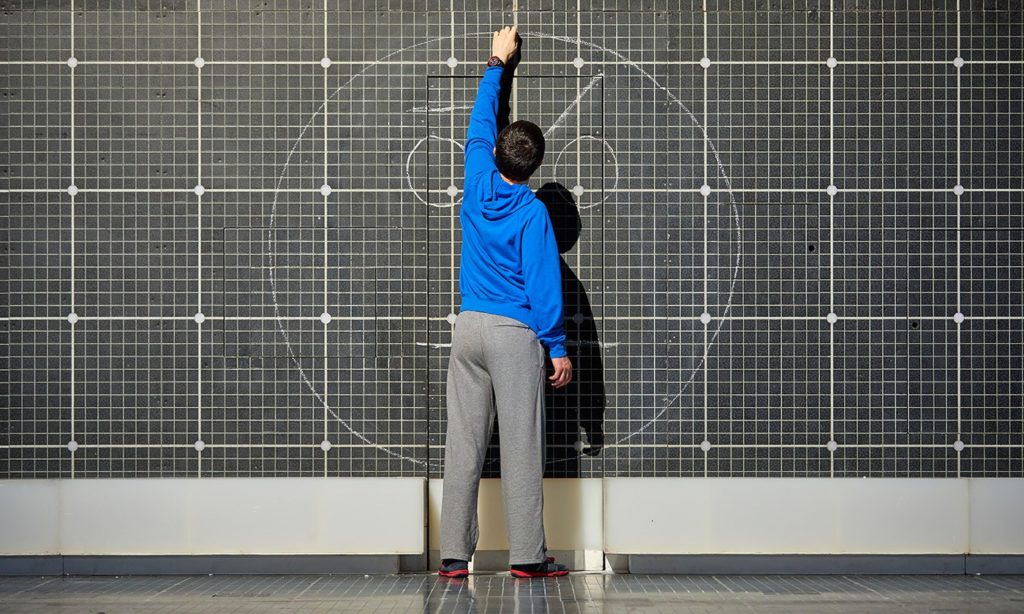
The Curious Incident Of A Dog
For all the memories contained within City Hall, Ho is craving new performance spaces–namely those promised by West Kowloon’s Cultural District. “We need West Kowloon to hurry up!” she says. Hong Kong doesn’t have enough venues either in sheer number of in diversity of spaces, she says. Some of the performances that have thrilled her the most have taken place in non-traditional venues like the Kowloon Walled City Park. She loved staging an equestrian show a few years back. “We had the site. It was our tent. From the moment you came in the gate, we could choreograph, we could orchestrate the experience,” she says. But obtaining permissions can be a long and detailed process. She hopes regulations for them will be scaled back.
Ho is also keen on cultivating tomorrow’s festival audiences. This year, the festival will stage 43 school tours for the festival’s Young Friends members. The Young Friends membership scheme began in 1992 with the aim to involve secondary and tertiary school students in the arts. Last year, 6,000 members were recruited. This outreach is a gift that keeps giving. Over the last 10 years, Ho has seen the appetite for the arts in Hong Kong grow. “Young Friends has been going for over 20 years. If they were in school 20 years ago they are now part of a paying public. And soon to be a donating public,” she says, putting her emphasis on that crucial word.
Some of her old school friends are still singing in choirs, or at the very least at karaoke, but Ho says she gave up singing a while ago. “No one needs to hear me howling about,” she says. So while we will see her at the festival, it won’t be performing on-stage. And so many targets in her sight, Ho doesn’t look ready to re-cast her role anytime soon. “As long as I can deliver, I’ll be here,” she says.
The Hong Kong Arts Festival takes place from February 23 to March 24, 2018. For more information, click here.
This article was originally written by Elle Kwan for Zolima CityMag on November 27, 2017. Reposted with permission.
This post was written by the author in their personal capacity.The opinions expressed in this article are the author’s own and do not reflect the view of The Theatre Times, their staff or collaborators.
This post was written by Zolima CityMag.
The views expressed here belong to the author and do not necessarily reflect our views and opinions.

